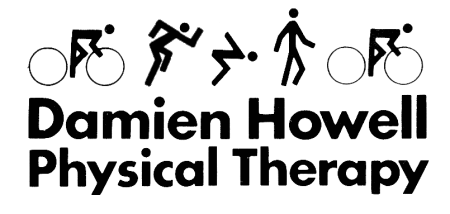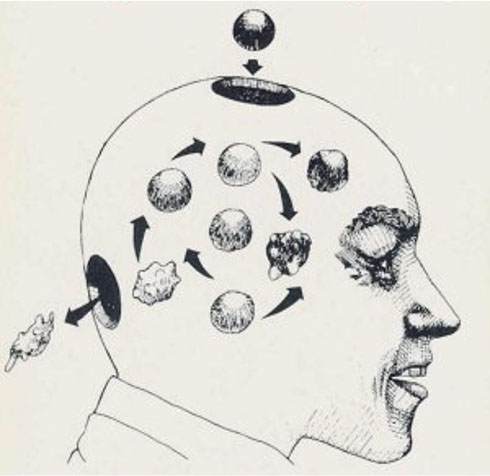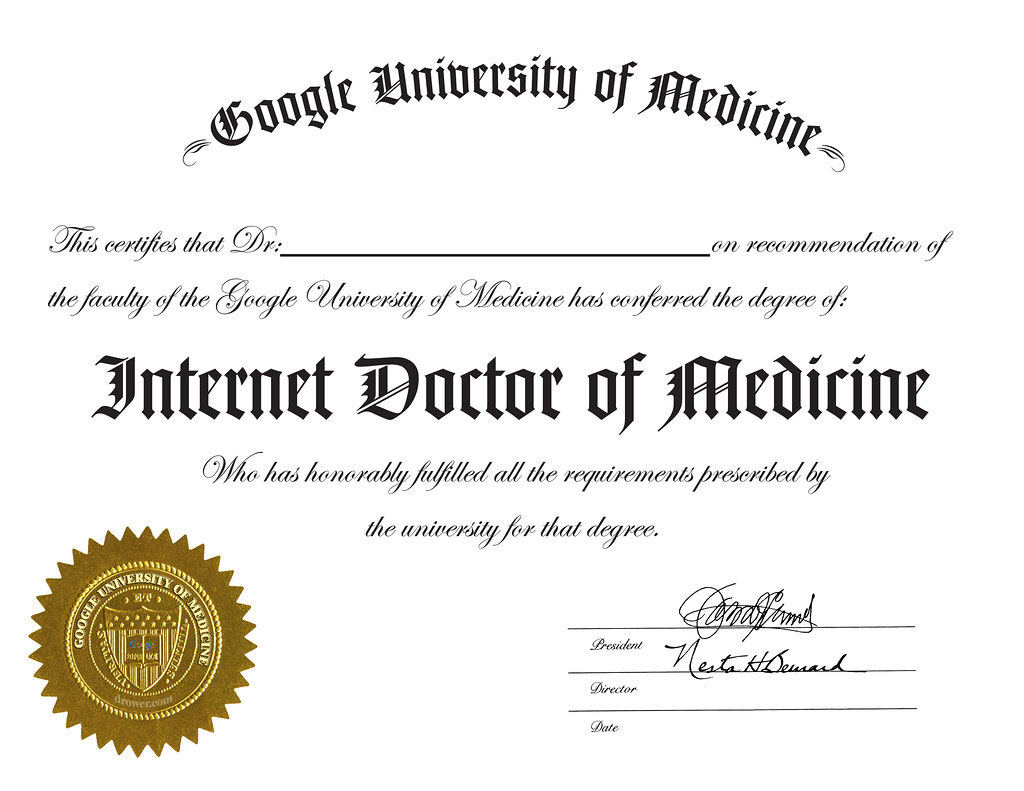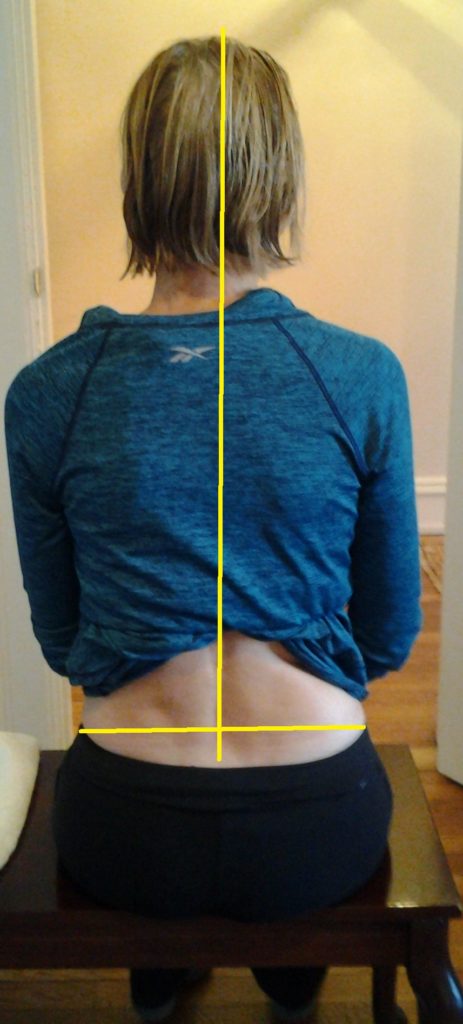Posts Tagged ‘Patient Centered’
“Take my wife, please” – patient centered care consider significant others
After completing an initial Physical Therapy consult with a 62-year-old gentleman with osteoarthritis of the knee, I asked, “Do you have any questions, confusion, or concerns that we should go back over?” Before he could respond, a voice chimed in from the next room. “Tell him that you look like an old man when walking,…
Read MoreIntellectual humility and tolerance for ambiguity
When dealing with musculoskeletal pain syndromes uncertainty and ambiguity can cause unease and frustration for both patients and clinicians. The goal is to stamp out uncertainty, but not to stamp out ambiguity. Ambiguity may contain uncertainty. But they are different. Uncertainty is something that is not clearly or precisely determined, something unknown. Uncertainty implies that…
Read MoreRight person – Choosing a healthcare provider to address chronic musculoskeletal pain syndromes
When dealing with musculoskeletal pain syndrome the ageless advice is the best solution is to see the right person, for the right care. For chronic and/or recurring musculoskeletal pain syndromes the choice of the healthcare provider assumes more importance. As it is likely to be a long-lasting relationship. You can choose from several different types…
Read MoreWhat is harder than learning? Unlearning
This image from Roger von Oech’s “A whack on the side of the head” 1983 has intrigued me for years. The idea that we get rid of ideas or concepts is thought-provoking. How do we know when to reject ideas? What is the thought process we use to unlearn something? My understanding of learning new…
Read MoreHow to better engage with healthcare provider using telehealth care
Telemedicine electronic medical record patient portals and email provide opportunities for improved communication between patients and healthcare professionals. As a patient: As a patient with a chronic condition rheumatoid arthritis, I have found using an email patient portal to communicate with my healthcare providers is highly effective and efficient. Prior to my scheduled appointment, I…
Read MoreWhat do you do when Dr. Google isn’t cutting it?
Searching for information online for personal health and medical issues has become commonplace. Estimates are more than 1/3 of persons in the U.S. use the internet for information on their symptoms. More than 60% of US adults have searched online for information during the past year according to the Pew Research Center. There is a…
Read MoreHealthcare Whisperer versus Con Artist
The popular idiom of a “whisperer” is used to describe an individual who has special skills to interact with humans or animals to alter behavior and achieve outcomes that others cannot. What are the characteristics of a whisperer? A whisperer: Has high level of empathy Has specialized skills Focuses is understanding Uses body language communication…
Read MoreLateral Pelvic Tilt Sitting
When oriented normally, the pelvis appears level and symmetrical. But in individuals with a lateral pelvic tilt (also called pelvic obliquity), one side of the pelvis appears lower than the other side. Lateral pelvic tilt can both cause and compensation to avoid musculoskeletal pain. It can be a contributing factor to jaw pain, headaches, shoulder,…
Read MoreMusing on Empathy and Pain
Empathy is more than compassion and caring. Empathy is putting oneself in another person’s shoes and actually feeling what that person feels. Recently, I experienced a flare of rheumatoid arthritis with significant disabling hip pain. Deep in misery, I searched for the positive side of my suffering. I thought: “This means I will have more…
Read MoreExpectations Treatment Outcomes
The expectations of a patient, patient satisfaction regarding treatment and treatment outcomes are related in a very complex manner. Whether you have an over use injury as a result of recreation sports, a traumatic injury, or chronic musculoskeletal disease process like rheumatoid arthritis awareness of the interaction of your expectations, satisfaction with treatment provided, and…
Read More









